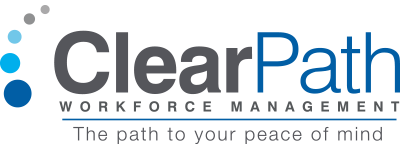The Fair Labor Standards Act (FLSA) requires that employers classify jobs as either exempt or non-exempt. The main difference is that non-exempt employees are entitled to overtime premium pay and exempt employees are not. If you get the employee’s category wrong, it could cost you a lot of money in back wages, penalties, and interest.
Non-exempt employees receive more protection under federal law than exempt employees. However, most employers treat their exempt and non-exempt employees in a similar manner. The primary pieces of federal legislation that apply to the workplace are the right to a safe and healthful work environment, the right to equal employment opportunities, and the rights provided under the Act and federal child labor laws. These laws apply to exempt and non-exempt workers alike.1
Employees who qualify as “exempt” are exempt from overtime regulations, whereas “non-exempt” employees must be paid for every hour of overtime (and, if applicable by state-regulated double time) they work. The federal Fair Labor Standards Act (FLSA) and the laws of the 50 states regulate what constitutes “overtime.”2
Many employers incorrectly believe that all salaried employees are exempt, or that by paying an employee a salary they automatically become exempt. Just as the labels “employee” and “independent contractor” don’t determine a worker’s actual status in the eyes of the IRS or other federal and state auditing agencies, the same is true for exempt and non-exempt employees. Exempt and non-exempt status has little to do with job titles, but about the work being done and an employee’s level of responsibility.
Sandi Silva, VP Operations, ClearPath Workforce Management, says,
“The exempt versus non-exempt categorization of employees is often underestimated, and many times the results of mis-categorization are not understood. Mis-categorizing an employee can result in an overall audit of all employees, a class-action lawsuit, and lastly, it could result in a financial disaster. This is not to scare companies rather, the purpose of my statement is to encourage you to better understand the importance of properly categorizing your employees.”
What is an exempt employee?
Exempt positions are excluded from minimum wage, overtime regulations, and other rights and protections afforded non-exempt workers. According to the federal definition, employers must pay a salary rather than an hourly wage for a position for it to be exempt. Some states allow hourly exemptions. Typically, only executive, supervisory, professional or outside sales positions are exempt positions.
What is a non-exempt employee?
Non-exempt employees, as the term implies, are not exempt from FLSA requirements. Employees who fall within this category must be paid at least the federal minimum wage for each hour worked and given overtime pay of not less than one-and-a-half times their hourly rate for any hours worked beyond 40 each week. Some states have more generous minimum wage and overtime/double time regulations that must be followed if they are more favorable to the employee.
Exempt employees are generally expected to devote the number of hours necessary to complete their respective tasks, regardless of whether that requires 35 hours per week or 55 hours per week. Their compensation doesn’t change based on actual hours expended. Exempt employees aren’t paid extra for putting in more than 40 hours per week; they’re paid for getting the job done.
Although unemployment benefits vary from state to state, generally both exempt and non-exempt employees can collect unemployment benefits. But to be sure just what those benefits include, we recommend that you check with your state’s Department of Labor.
Let ClearPath assist your organization with contingent worker employment. When ClearPath is your Employer of Record (EOR), we employ your W-2 contingent workers and take over Human Resources and Payroll functions. We manage all paperwork, including employment agreements, worker eligibility, and statutory enrollment documents.
Contact us to learn more about how our expert personalized service can let you get back to focusing on your business goals. Work with a leader in the industry for outsourced Human Resources and Payroll functions associated with W-2 contingent workers. Get the benefits of hiring contingent workers without the potential risks. Let ClearPath be the path to your peace of mind.
1https://www.monster.com/career-advice/article/whats-the-difference-between-exempt
- Written by: Connie Wendt
- Posted on: October 30, 2018
- Tags: CO-EMPLOYEMENT, EMPLOYER OF RECORD SERVICE, ENGAGING W-2 WORKERS, EXEMPT, INDEPENDENT CONTRACTOR COMPLIANCE, NON EXEMPT, W-2 Worker Classification, Workforce Classification

